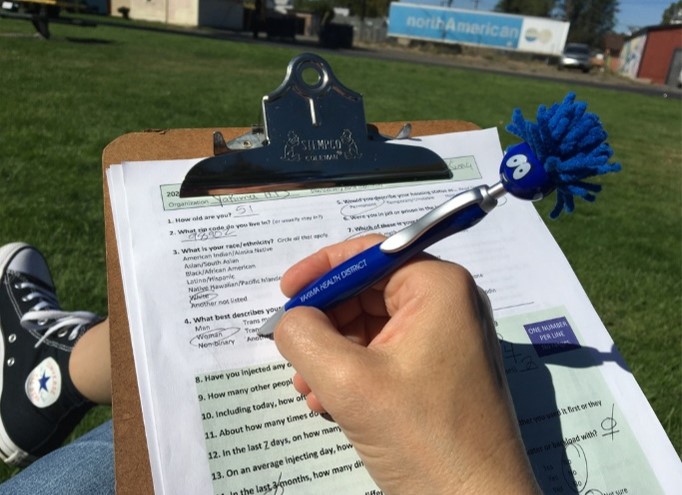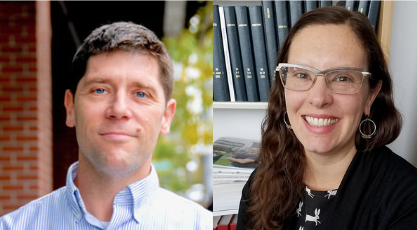Results from the 2023 WA State Syringe Services Program Health Survey
04/22/2024
Involving people who use drugs in meaningful ways to design and deliver the services offered to them is important. People who use drugs have clear preferences, insights, and innovative ideas for service models and are eager to share their perspectives when given genuine opportunities for input and involvement.
To capture some of that vital information, the WA State Syringe Services Program Health Survey is conducted every other year by UW ADAI CEDEER in partnership with Public Health-Seattle & King County, the WA Dept of Health, and syringe services programs across the state. The surveys asks participants about their substance use, health behaviors, and health care and substance use treatment needs.
This year’s survey was conducted from November 2023-January 2024; 1,667 surveys were completed. Read the SSP survey results report here!
Key Findings
- Methamphetamine use among SSP participants was prevalent and frequent. More had used methamphetamine in the past week (89%) than fentanyl (61%), yet equal proportions (39%) identified either methamphetamine or fentanyl as their “main” drug.
- Prevalence of drug smoking among participants was high at all SSPs. Most (89%) had smoked a drug in the past week and 36% had both smoked and injected. Only 10% used drugs exclusively by injection.
- There was substantial use of safer smoking supplies at SSPs that distribute them and high interest among participants in getting safer smoking supplies at SSPs that do not yet distribute them.
- Housing was a crucial and substantial need among participants. 44% reported their “top need in life right now” to be housing.
- The majority of SSP survey participants were interested in reducing or stopping their stimulant and/or opioid use but face internal and external barriers to do so. 32% said there was a time in the last 12 months when they “tried to get help to reduce their drug use but didn’t/couldn’t get it.”
- SSP participants wanted to receive additional services at their SSP including drug checking services, medical care, and behavioral health support. 75% said they would see a health care provider and 68% would see a mental health counselor at the SSP where they were taking the survey.
Read the SSP Health Survey report | Read the article from UW Medicine News

Survey Results Webinar
Thursday, May 2, 1-2pm PT
Update: This event has passed! View the recording here!
Join survey co-authors Caleb Banta-Green, PhD, MSW, MPH, and Alison Newman, MPH to learn more about the results of the 2023 Syringe Services Program Participant Survey. Come prepared with questions!





